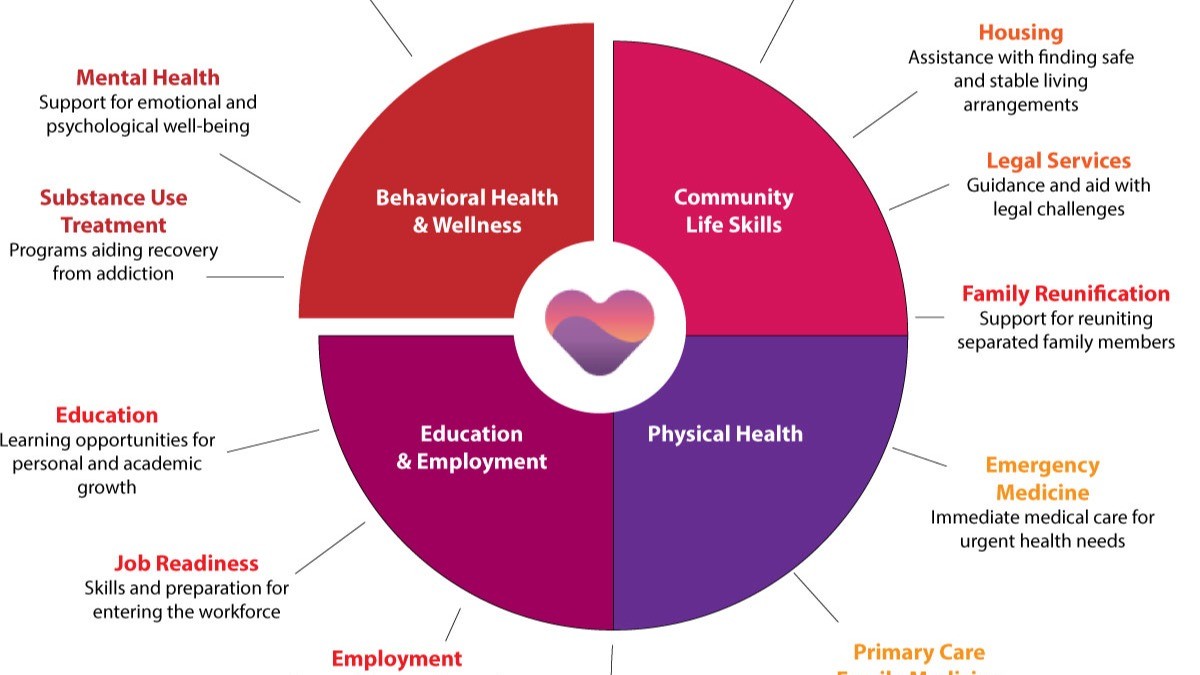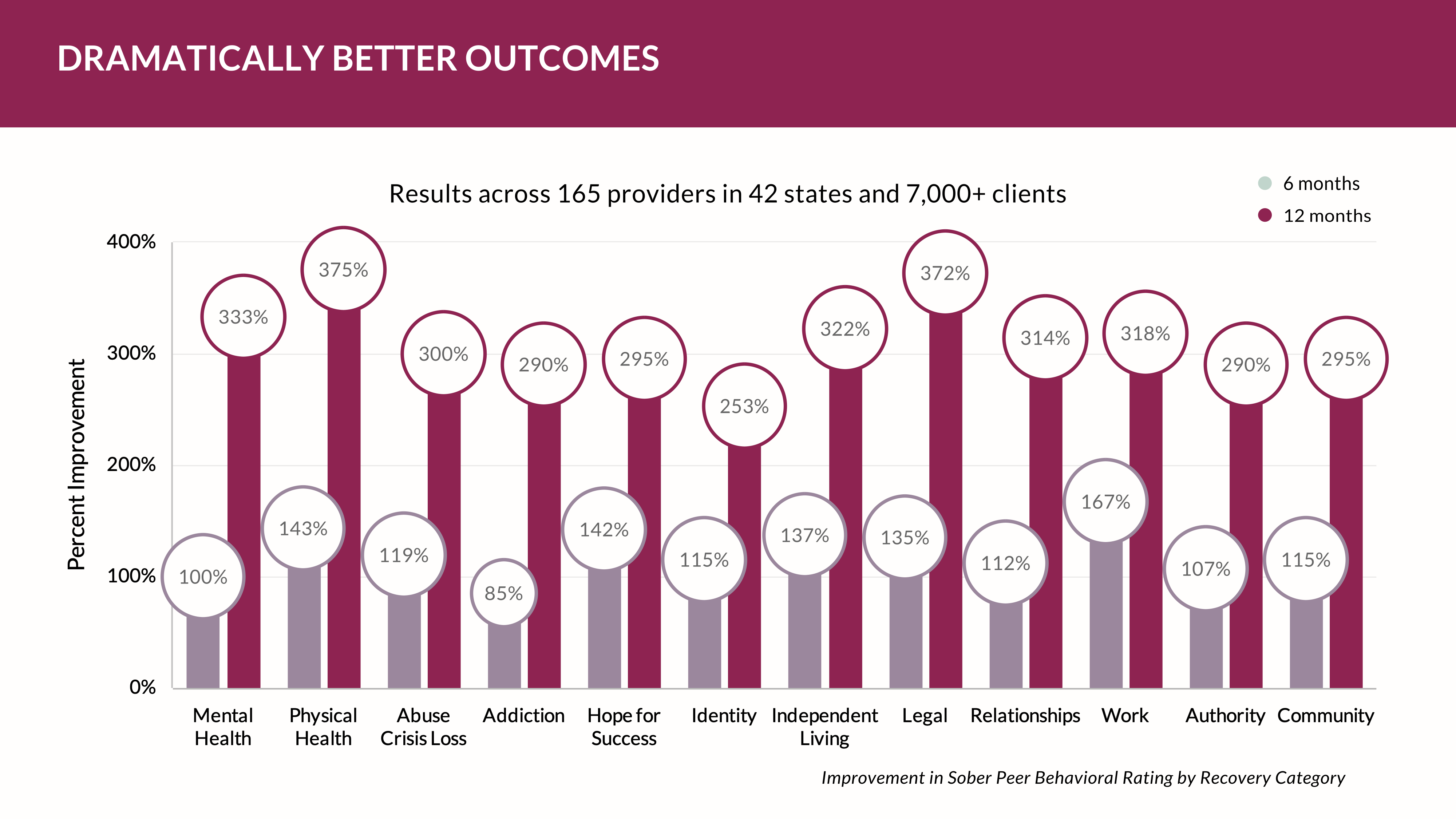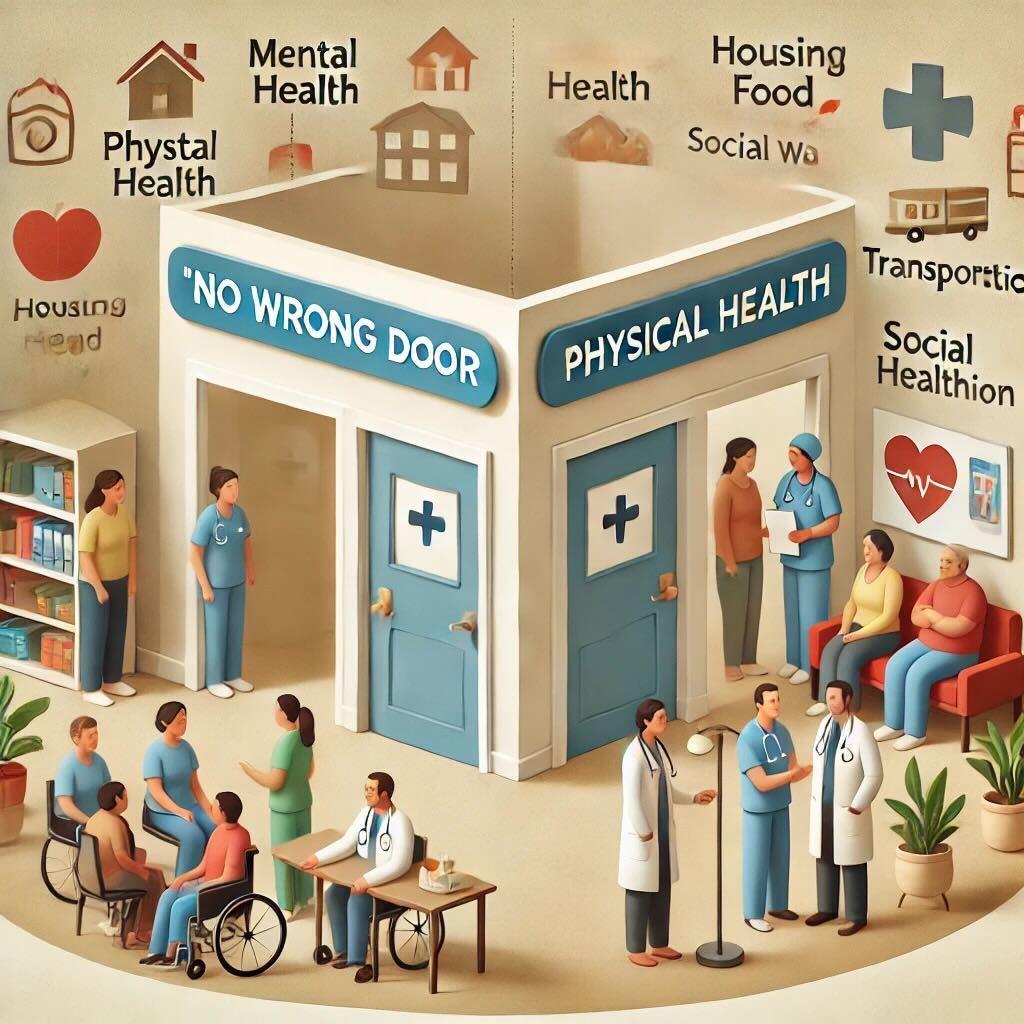Published Date:
Oct 7, 2024
Exclusive
Mental Health
Addiction
Drugs
Large Scale Study Examines Social Determinants of Health in Mental Health and Substance Use Disorders
Large Scale Study Examines Social Determinants of Health in Mental Health and Substance Use Disorders
As management guru Peter Drucker famously said, “If you can't measure it, you can't manage it.”
We’ve been measuring a particular set of outcomes for over five years with the theory that habit change is essentially the end goal of recovery from mental health and substance use disorders.
Our recent analysis of long-term engagement for recovery support involved 165 providers in 42 states with a population of more than 7,000 clients. What we found highlights dramatic improvements in various recovery categories over a 12-month period compared to 6 months. These new data measures, drawn from over 1 million patient-provided survey questions, sheds new light on how sustained measurement in recovery directly impacts core social determinants of health, ultimately leading to better outcomes for individuals and society.
Our sample size spans an astounding 7,000,000 days of recovery observation.
Mental and Physical Health
According to the data, as engagement is emphasized, base-line improvements in mental health jump from 100% at 6 months to an astounding 333% at 12 months, while physical health improves from 143% to 375%. These numbers demonstrate that long-term participation in recovery programs not only stabilizes individuals’ mental and emotional health but also leads to a significant boost in their physical condition. This connection highlights the importance of a holistic approach to recovery that addresses both mental and physical health needs.
Let’s look at four of twelve core measures in the study.
Legal Outcomes and Independent Living
Two of the most significant improvements in the study occurred in legal outcomes and independent living, with legal improvements rising from 167% to 372% and independent living climbing from 137% to 322%. For many individuals in recovery, navigating legal challenges and achieving stable housing are significant barriers. The dramatic improvements in these areas suggest that sustained recovery support helps individuals resolve legal issues and secure stable, independent living conditions, both of which are crucial to long-term recovery and stability.
Workforce Participation and Community Engagement
Work and community involvement are also essential components of recovery, as they provide financial stability and social support, which in turn foster self-sufficiency. Over 12 months, workforce participation improves from 107% to 290%, and community engagement rises from 115% to 295%. These improvements show that with continued support, individuals are more likely to gain employment and become active members of their communities, reinforcing their recovery and promoting a stronger sense of purpose and belonging.
Conclusion
Among the 12 longitudinal measures all show impressive improvement when patients are engaged long term. The data clearly shows that long-term recovery support is vital for improving the social determinants of health—like legal stability, housing, employment, and social relationships—within populations suffering from mental health and substance use disorders.
Will we eventually modify our clinical workflows for greater engagement to encourage better measurement?
Other Blogs
The Plan No One Sees Coming—But Soon Will
Exclusive
Mental Health
Addiction
Drugs

Ant Pheromone Study May Improve Mental Health Outcomes
Exclusive
Mental Health
Addiction
Drugs
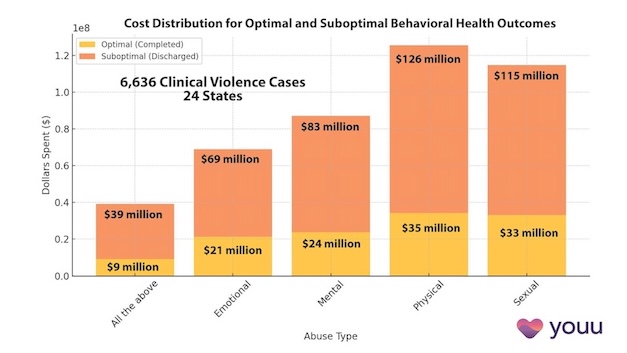
Interrupting Violence Should Be Irresistibly Investable
Exclusive
Mental Health
Addiction
Drugs
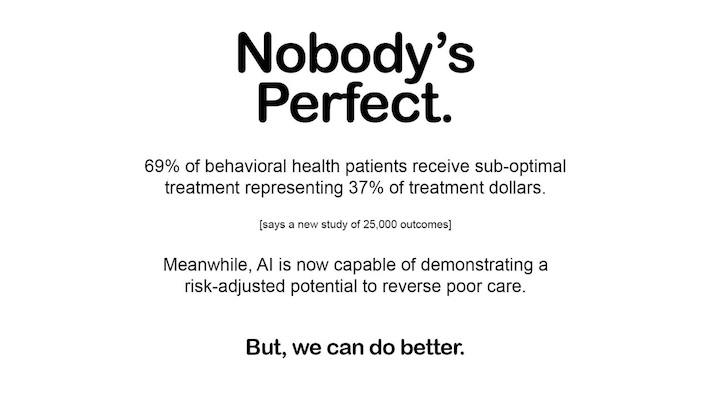
69% of Behavioral Health Patients Receive Sub-Optimal Care According to a New Analysis
Exclusive
Mental Health
Addiction
Drugs
Other Blogs
Have Questions? Lets Meet
Select a time you like to meet with us


